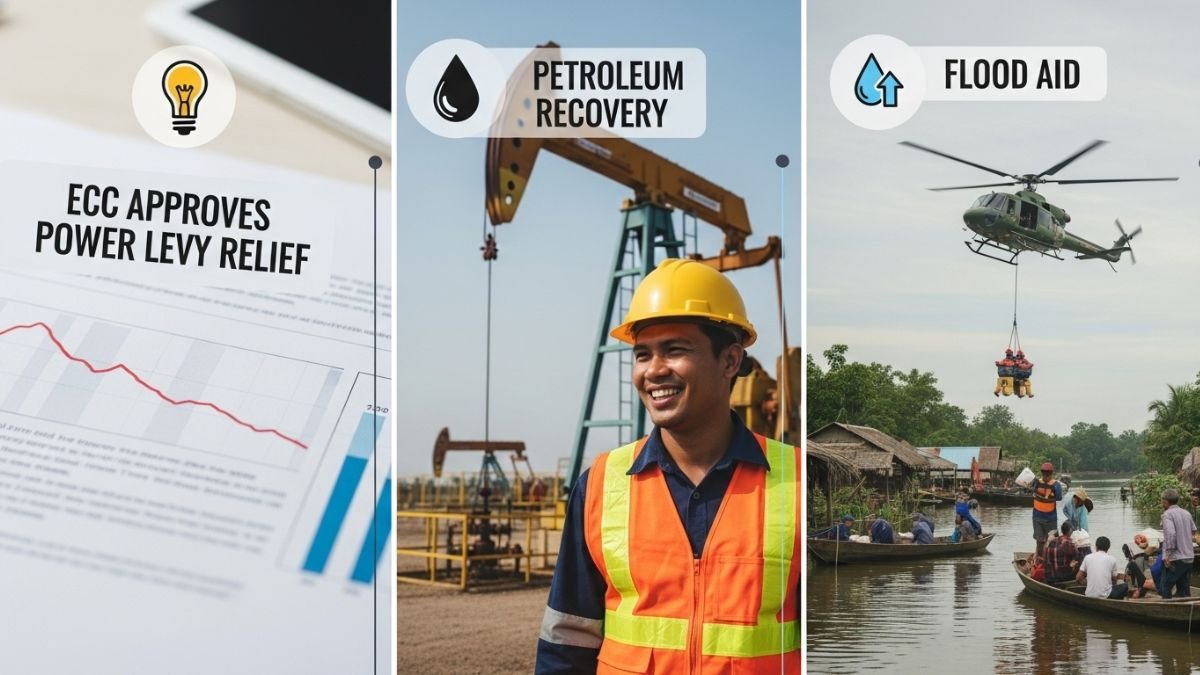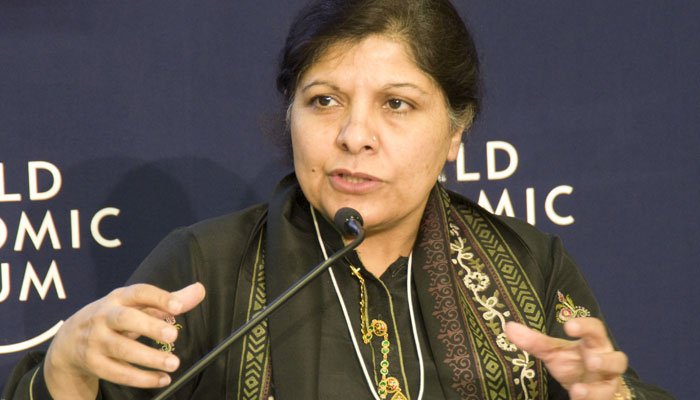The Economic Coordination Committee (ECC) of the Cabinet has approved a new mechanism to pass on the captive power levy benefit to consumers. This decision will reduce electricity costs for households and businesses connected to the national grid.
Finance Minister Senator Muhammad Aurangzeb chaired the meeting. It was attended by federal ministers for power, petroleum, national food security, the special assistant to the prime minister on industries, and other senior officials.
Captive Power Levy Benefit to Consumers
The ECC decided that levies collected from captive power producers will now directly support national grid consumers. This means households and businesses will see the captive power levy benefit to consumers reflected in their bills.
The Petroleum Division will remit the collected levy to the Finance Division every month. The Finance Division will then send funds to the Central Power Purchasing Agency (CPPA). From there, distribution companies (DISCOs) and K-Electric will apply the benefit to consumers.
The Pakistan Petroleum Management Company (PPMC) will calculate the per-unit relief based on sales data. NEPRA will approve the calculation before the benefit appears in electricity bills. Officials stressed that this system is transparent and efficient, ensuring that the relief reaches consumers without delay.
Rs 3.813 Billion Supplementary Grant for PTV
The ECC also approved a supplementary grant of Rs. 3.813 billion for Pakistan Television Corporation (PTV). The grant covers tariff adjustments, net-metering, salaries, pensions, and operational costs.
From the Rs. 11 billion requested, the remaining funds will be released quarterly. The ECC directed PTV to cut its dependence on government bailouts and work toward financial independence.
Petroleum Levy Recovery from Cnergyico
The ECC approved a settlement framework for recovering petroleum levy arrears from Cnergyico PK Limited (CPL). The company has been in default since 2019.
The Petroleum Division will sign a deed of settlement with CPL. The framework requires CPL to repay the principal amount audited so far. The ECC ordered the Petroleum Division to ensure strict compliance with the agreed terms.
Officials said this recovery plan, aligned with the Special Investment Facilitation Council (SIFC), will improve fiscal discipline in the petroleum sector.
White Oil Pipeline Project with Azerbaijan
The ECC endorsed tariff terms for the Machike–Thallian–Tarrujabba White Oil Pipeline Project. The project is being developed under a government-to-government arrangement with Azerbaijan.
The pipeline will reduce transport costs for petroleum products, improve energy security, and boost trade with Azerbaijan. Officials noted that the project could also attract new investment in Pakistan’s energy sector.
Rs 3 Billion Flood Relief for Gilgit-Baltistan
The ECC approved Rs. 3 billion in emergency relief for Gilgit-Baltistan after devastating floods.
Funds will provide tents, medicines, food supplies, and other essentials for affected families. A large share will also go toward rebuilding roads, bridges, and public infrastructure.
The relief follows Prime Minister Shehbaz Sharif’s recent visit to Gilgit-Baltistan, where he directed immediate rehabilitation support.
Why These Decisions Matter
The approval of the captive power levy benefit to consumers shows the government’s focus on easing energy costs during a period of high inflation. By ensuring levies collected from captive producers reach grid users, the ECC has created a fairer and more transparent system.
Other decisions, including support for PTV, levy recovery from Cnergyico, a major oil pipeline project, and flood relief, highlight the ECC’s broader role in balancing economic growth with social needs.
For consumers, the captive power levy benefit means small but consistent reductions in electricity bills. For businesses, it provides lower overheads, which can support economic activity.
Conclusion
The ECC’s latest meeting combined fiscal responsibility with consumer relief. Its decision to transfer the captive power levy benefit to consumers stands out as a critical reform for the power sector. Alongside infrastructure development, levy recovery, and flood relief, these measures show a more structured approach to tackling Pakistan’s economic challenges.
ALSO READ: PSX Closes Above 147,000 Milestone for First Time in History
As implementation moves forward, households and businesses should begin to see the benefits in their electricity bills and in the wider economy.





